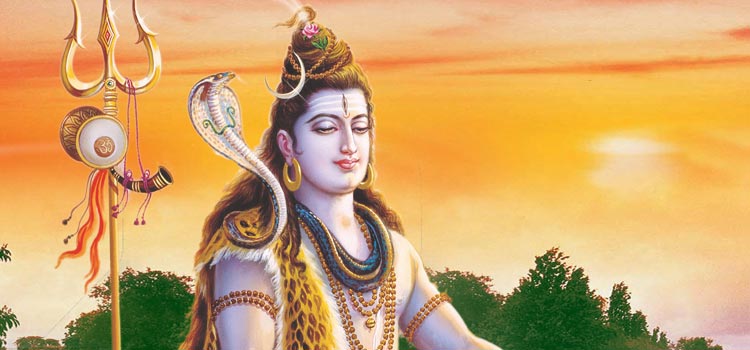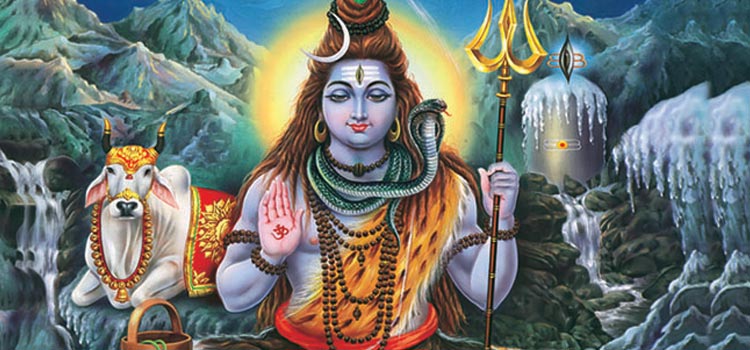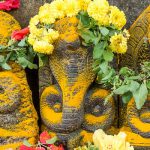What is Sawan Somvar?
Sawan is the name of the fifth month in the traditional Hindu calendar which is followed in North India. It is believed to be a very holy and sacred month in Hinduism. The month is wholly dedicated to the worship of Lord Shiva, and the Mondays especially are considered very sacred. Sawan Somwar means ‘a Monday in the month of Sawan.’
In 2019, the Sawan month begins on July 10 and ends on August 7. The dates for Sawan Somwar in the states of Bihar, Himachal Pradesh, Madhya Pradesh, Punjab, Rajasthan and Uttar Pradesh in 2019 are July 10, July 17, July 24, July 31 and August 7. For Andhra Pradesh, Goa, Gujarat, Karnataka, Maharashtra, and Tamil Nadu, the dates are July 24, July 31, August 7, August 14, and August 21. These days are seen as auspicious, and it is customary for those who are devotees of Lord Shiva to visit Shiva temples, make offerings and recite prayers.

Sawan Somvar in Different States
The difference in dates in the northern and southern parts of India is because two distinct lunar calendars are followed in the various states of India. In the states, like Bihar, Himachal Pradesh, Madhya Pradesh, Punjab, Rajasthan, and Uttar Pradesh, follow the Purnimant Calendar, while those in the south and west, like Andhra Pradesh, Goa, Gujarat, Karnataka, Maharashtra, and Tamil Nadu follow the Amavasyant Lunar Calendar.
If Sawan Somwar is for worshipping Lord Shiva, Mangalwar or Tuesdays, are dedicated to the worship of Shiva’s consort, Goddess Parvati. Called Mangal Gauri Vrat, it is seen that people often observe fast on the Tuesdays of the Sawan month also, in addition to Mondays.
Sawan Somvar and Shiva
The month of Sawan is believed to be very sacred for Lord Shiva. According to Hindu mythology, it was in this month that the Samudra Manthan or churning of the ocean took place. Both the gods and the demons were engaged in this activity. While they were churning the ocean, fourteen divine things emerged from it.
Along with them, a deadly poison also came out. It was so poisonous that everyone was filled with fear and apprehension that it would destroy the entire world. All the gods ran to Lord Shiva and begged Him to save the world. Shiva agreed and swallowed the poison. However, Goddess Parvati, concerned for her husband, prevented it from going down his throat. So the poison remained stuck in his throat which turned blue on account of it. This was how Shiva got one of his nicknames, Neelkantha (blue throat).
Observance of Sawan Somwar Vrat
The Sawan Somvar vrat is to be observed in the following manner:
- Devotees are expected to wake up at dawn and have a bath
- They should visit a Shiva temple and offer milk to the lingam. If they can’t go for some reason, they can also stay at home and clean the Pooja altar
- It is necessary to take an oath of devotion before one observes the Sawan Somwar Vrat
- Pooja must be performed twice every Monday, once in the morning, and once after sunset. Devotees must bathe before performing the Poojas
- When the Pooja is being performed, one should recite the Sawan Somwar Vrat Katha, which talks about Lord Shiva’s journey through his life
- After performing the Pooja, the prasad should be distributed among the family members



I don’t think the title of your article matches the content lol. Just kidding, mainly because I had some doubts after reading the article.
Thanks for sharing. I read many of your blog posts, cool, your blog is very good.